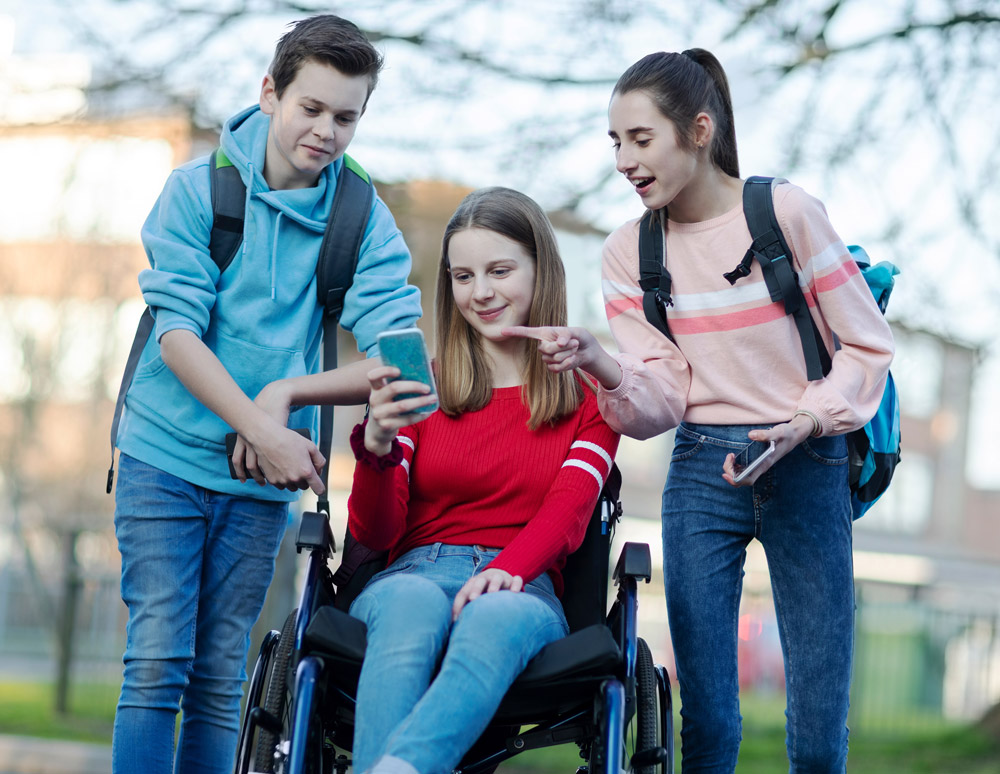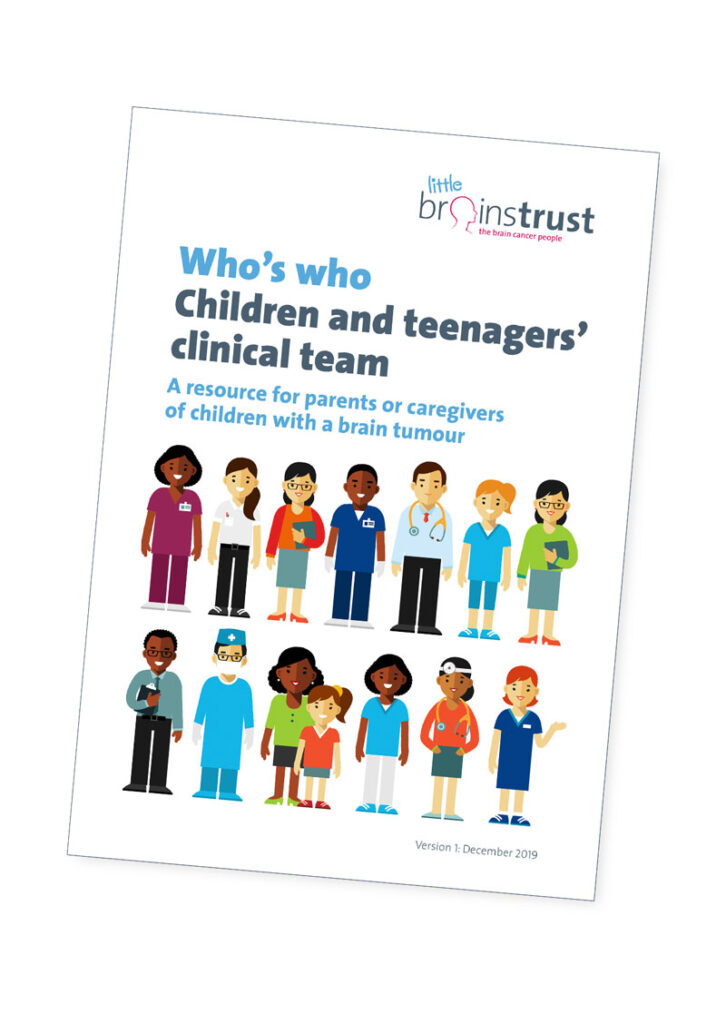Late effects
 Many children will live with some late effects after the treatment has finished. These effects may be a continuation of the short-term side effects mentioned for each treatment type, or new effects may develop over time. Children have this superhero nature where they thrive to recover and go from strength to strength. Recovery is not going to happen overnight, and it is dependent on your child’s individual circumstances.
Many children will live with some late effects after the treatment has finished. These effects may be a continuation of the short-term side effects mentioned for each treatment type, or new effects may develop over time. Children have this superhero nature where they thrive to recover and go from strength to strength. Recovery is not going to happen overnight, and it is dependent on your child’s individual circumstances.
This can cause some uncertainty. However, parents mention that with time, they learn ways to better manage their well-being and adapt.
Doctors and the healthcare team try their best to minimise the impact of treatment and will try to prepare you for all the possible effects. It is difficult to say with certainty how your child will respond to treatment and what late effects they may experience.
Physical late effects
Physical late effects are very much dependent on what area of the brain the tumour was in and what treatment your child has had (read more about the brain and anatomy here). Some physical problems may include:
- seizures
- tremors (shakes)
- hearing loss
- vision loss
- mobility problems
- speech problems.
Physical changes improve over time. However, some may be long-term. Talk to your healthcare team to see how best you can manage them.
Professionals who can support your child with rehabilitation:
- Physiotherapist
A physiotherapist will help your child become strong by using exercise and massage therapy to increase their mobility and improve balance. They do assessments on many areas and provide information to you about how to manage and maintain movement. - Occupational therapist
The role of an occupational therapist is to help your child recover and overcome any difficulties that may be the result of their illness. They assess your child’s functions and work on developing their skills. An occupational therapist will work closely with you and your child to help them lead a safe and independent life where possible and prevent disabilities. - Speech and language therapist
A speech and language therapist will assess whether there are difficulties in communication, eating, drinking or swallowing. The therapist will consider the impact these will have on your child’s life. If appropriate, the therapist will decide how you can help your child to reach their full communication potential. - Acquired brain injury specialist
Some hospitals have a coordinator who works within the hospital, and sometimes in the community, with children that have had an injury to the brain, and they will help support the rehabilitation process. - Disability coordinator (if your child is in higher education)
The disability coordinator deals with the additional support that your child may need, and every higher education institution will have one. This support is for any student who needs help to learn, whether or not they are disabled. It may relate to physical or mental health, to a recognised disability or to a particular learning difficulty. They are responsible for assessing and arranging support.
The disability coordinator can also unlock the Disabled Students’ Allowance (DSA). This funds IT equipment and non-medical help, including photocopying. The coordinator will also liaise with your child’s tutor and lecturers to save them the time. For more information about the DSA, click here. - Epilepsy nurse
This person is your point of contact for information and support to do with epilepsy. They can provide treatment advice, information and support specific to your child’s needs, presentation, medication and management plan. - Neuro-oncology clinical nurse specialist
The neuro-oncology CNS provides an excellent link between your child’s medical, nursing and practical needs. They can facilitate referrals and investigations, and provide advice and counsel during the difficult times. Share your worries with your CNS, and keep them close, as they have a wealth of contacts for different services.
Who’s who
To find out more about your child’s health care team, read our “Who’s who: children and teenagers’ clinical team” guide.

Acquired brain injury and brain tumours
Your child may have been experiencing effects caused by the brain tumour long before diagnosis, throughout their treatment and following treatment. This is because there has been damage caused to your child’s brain by the brain tumour and treatment. Sometimes children that have a brain tumour may be referred to as having an acquired brain injury (ABI). An ABI is simply any injury caused to the brain that the child was not born with, and it is caused by the brain tumour and treatment. Parents often mention that the scope of support they receive is widened when they associate the brain tumour with an acquired brain injury. As the overall rate of survival for some brain tumours is improving, more research is being pushed into improving quality of life for childhood brain tumour survivors. Until dedicated long-term effects management programmes are rolled out nationally, we would suggest looking into local services that support children living with an acquired brain injury when you are managing late effects.





